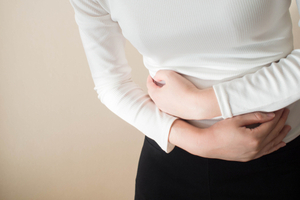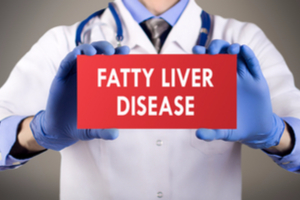High Blood Pressure, medically termed Hypertension, are not the words you are hoping to hear from your physician at your routine check-up. The truth is no one wants to hear it, and yet, in the United States, one in three adults has been diagnosed with it and for those over 60, the number rises to one in every two people! And in 2017, the new guidelines for hypertension (issued by American Heart Association and the American College of Cardiology) were lowered to 130/80 down from the former standard or 140/90, which means that more of you will now be labeled as hypertensive. Because high blood pressure means higher risk for stroke, heart attack, and heart failure, more aggressive therapies to reduce blood pressure are included in the latest guidelines. And while many of the treatment options for hypertension often include medications (which come with their own side effects), these organizations and physicians are offering guidelines which include lifestyle changes that can help.
Implementing lifestyle changes can help you control your blood pressure when you are diagnosed and whether or not you are on medication. Let’s explore some simple lifestyle changes you can make to help lower your blood pressure.
Exercise Helps
You have probably heard it before, but exercise does help, particularly cardiovascular exercise has the ability to lower your blood pressure. So now, you have no excuse not to get moving. Exercise strengthens your muscles, including the heart, and that means your heart can more effectively pump blood to your body which in turn means less strain on your blood vessels. On top of that, by exercising, you also are able to relax more effectively, allowing your sympathetic (controls alertness) and parasympathetic (controls relaxation) to work together and keep your blood pressure at optimum levels.
Eat Right
You’ll often find, when you are diagnosed with high blood pressure, other chronic issues follow, including high cholesterol and insulin resistance. Healthy eating can help resolve these issues including lowering your blood pressure and reducing your risk of heart disease. Eating healthy means piling on the vegetables and fruits, which increases your intake of phytochemicals, antioxidants, vitamins, and minerals which work together to keep your blood pressure under control. (As a bonus, a diet rich in fruits and vegetables can help prevent cancer!) Eating lots of fruits and veggies will also add much needed nitrates to your diet. Recent studies have shown nitrates from veggies and fruit are converted by the body to nitric oxide which reduces blood pressure. (Arugula, celery, beets, and butter leaf lettuce are the top nitrate foods.)
Decreasing salt intake is also a part of eating healthy as is controlling alcohol intake. Eating less carbohydrates will also make a significant contribution to your efforts to lower your blood pressure, plus you will gain the added benefit of losing weight and less pounds often means lower blood pressure!
Try Meditation
Meditation and other stress relieving relaxation methods have been shown to reduce stress and lower blood pressure. These techniques encourage slow, regular breathing which relaxes the body, calming the nervous system, and reducing blood pressure. Plus, meditation only takes a few minutes a day as it reduces blood pressure naturally.
Get Plenty of Rest
Getting the needed amount of sleep for your body can help with overall health including lowering blood pressure. Sleep allows your body to refresh and reset, all of which are beneficial to your health. If sleeping soundly is an issue for you, try adding magnesium to your diet, not only will it aid sleep, but it can also help lower blood pressure.




